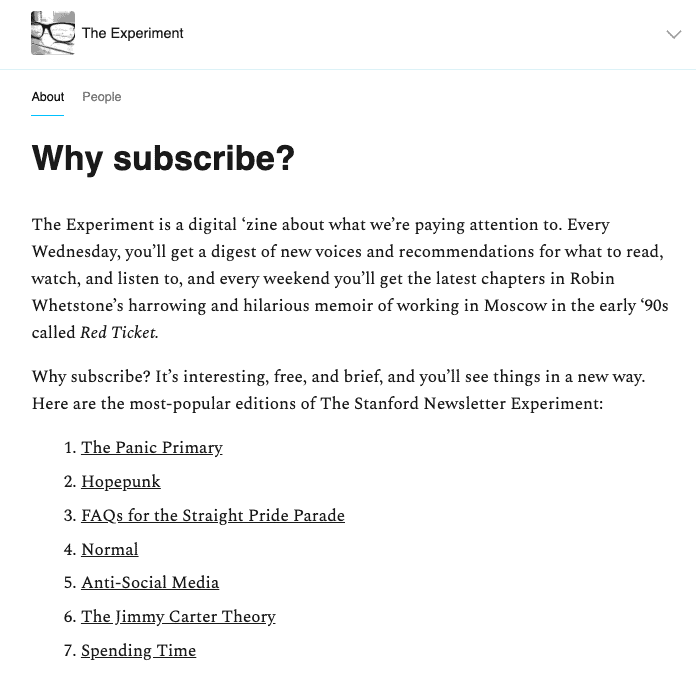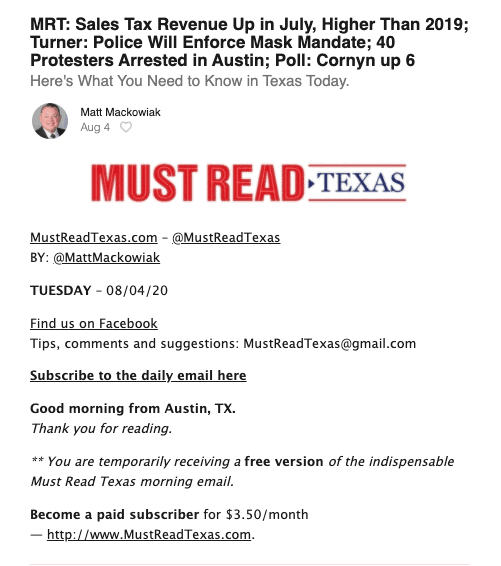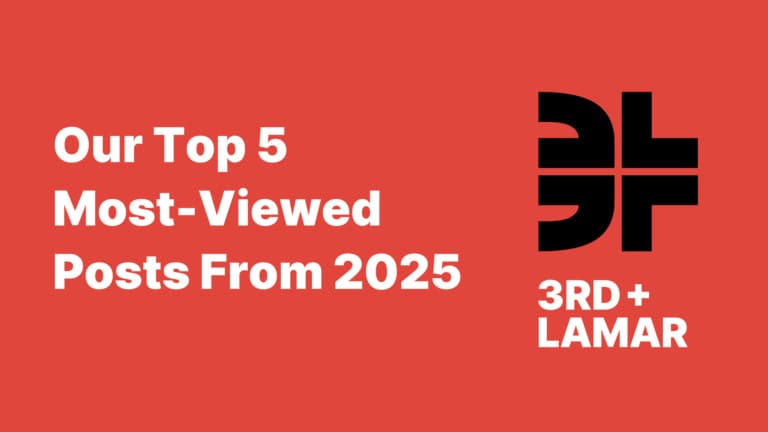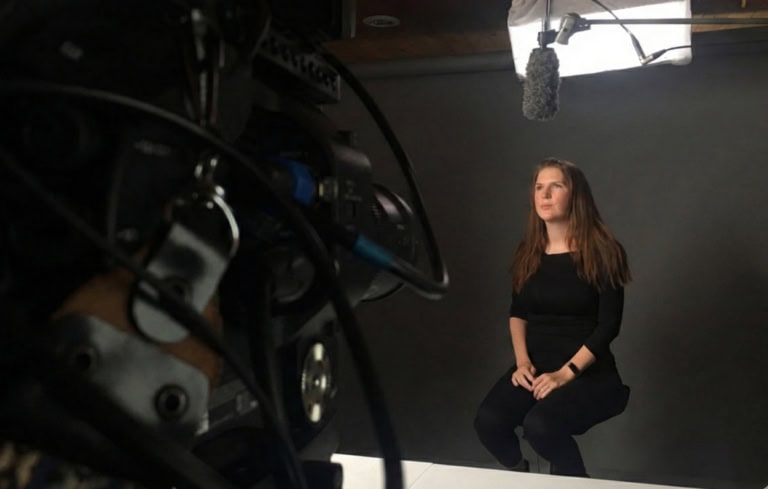
Two political newsletters from Austin are gaining traction on a new platform designed for writers to quickly connect with audiences.
Jason Stanford of The Experiment and Matt Mackowiak of Must Read Texas have multiplied their email subscribers in 2020 using Substack, an online newsletter platform popular among journalists and content curators who want to reach – and potentially monetize – an audience directly.
Publishers can distribute their Substack newsletters as often as they want and include sponsorships, affiliate links, and more. They can also ask readers to pay for a subscription to their content.
Stanford and Mackowiak, who hold opposite political viewpoints, share their experiences and why their content is in demand. [restrict]
The Experiment, Jason Stanford
The Experiment, which debuted in April 2019, is a weekly digest from former Democratic strategist Jason Stanford.

“I’ll see the stuff about Texas in a different way,” Stanford said. “Sometimes I see it as an ex-professional and sometimes I try to talk about what we’re all going through because the conversation inside my head is now the one everyone is having.”
Briefly this year, The Experiment cracked the top 20 most-subscribed free Substack newsletters. Subscriptions increased 89% since March, and many of those followers remember Stanford as Austin Mayor Steve Adler’s communications director or as an Austin American-Statesman columnist. These days he works in public relations.
“Professionally, it used to be my job to have my say in the world,” Stanford said. “Now I have more distance and spend more time thinking about things instead of reacting, so I started writing down my thoughts and put them out there.”
Stanford isn’t always political. He’s just as likely to get into an in-depth analysis of Jason Statham’s diving in the movie “The Meg” or let guest speakers, including local journalist Omar Gallaga, pay tribute to “Letters to the Editor.”
So The Experiment is all over the place despite Stanford’s recommendations to keep newsletters focused. It’s political, yes, but not always, sometimes to the chagrin of readers.
“These days, it’s almost all political,” Stanford said. “It’s hard not to focus on the politics of it all.”
Stanford declined to share his subscriber count and other metrics, saying only that his open rate has remained steady — just not enough to make this a full-time job. He learned that shorter, emotionally charged subject lines that capture the “generalized anxiety” of his audience tend to gain a higher open rate, the metric he follows most.
More important, he said, are reader responses.
“I know most of the audience, and they email me back,” Stanford said. “It’s the first time in my life where it felt like I was writing for a community and there was a dialogue.”
He learns his most-active subscribers by reviewing which users have opened the newsletter at least 10 times recently and what links they click on.
Stanford has no immediate plans to monetize the newsletter beyond a digital tip jar and some affiliate links — such as Noom and other products that he personally uses.
“I don’t want to measure this by financial success — I want it to be good,” Stanford said. “I have the luxury to be able to focus on quality right now.
“I’m sure down the line I’ll have to make some hard decisions. Right now, I’m just trying to make it a fun party.”
Must Read Texas, Matt Mackowiak
News takes center stage in Must Read Texas, a newsletter curated by Travis County Republican Party chair Matt Mackowiak. Each weekday morning since 2016, Mackowiak and a colleague compile leading stories from news outlets across Texas.

“We’re not a journalistic entity, and we don’t have any content preference,” said Mackowiak, who doesn’t feature his own commentary but sometimes plugs his “Mack On Politics” podcast. “We don’t promise to be all things to all people, but there are probably 5 to 10 stories you probably need to be aware of, and you’re only catching two of them in your local newspaper.”
Mackowiak tracked every major Texas news outlet and began sharing highlights four years ago. The political tipsheet format features 2-3 headlines in the subject line and additional story previews in the body copy. He gained roughly 3,000 subscribers the first three years, but now Must Read Texas has more than 20,000 daily readers, said Mackowiak, who credits the increase to a decision last year to move the free newsletter to Substack.
“I think as a platform, they make it easier to onboard new people,” Mackowiak said. “You have to give your email address to see the content, but it’s seamless and user-friendly. I also think their platform’s look is better.”
He followed up in late July by moving his premium newsletter, which debuted in 2018 and currently costs $3.50 per month, to Substack, which takes 10% per subscription plus a 3% processing fee. However, that didn’t deter Mackowiak.
“Not really, no, because the growth trajectory at Substack far surpasses what we were seeing at Mailchimp,” he said.
He is still transferring his existing paid subscribers from Mailchimp to Substack, operating from both platforms right now.
At least two dozen of his free Substack followers have migrated to the paid version in the past month, gaining more depth to each article that Mackowiak curates. He declined to share the exact number of his paid subscribers.
“Texas is becoming more and more interesting politically as it’s moving toward becoming a battleground state, so Texas is a growth market from a ‘business of politics’ standpoint,” Mackowiak said.
Before turning to paid subscriptions, Mackowiak tried sponsorships — mostly from political campaigns and advocacy organizations – but he paused those efforts two years ago. He may leverage the high open rate — 50-60% among paid subscribers and 15-20% among free subscribers — to attract sponsored content.
But for now, the benefits of Mackowiak’s newsletter are personal given his role for the county GOP.
“I’m almost never caught off-guard because I read so much throughout the day, and Must Read Texas is a big part of the reason why,” he said.
Even those disinterested in politics should still benefit from the content given the political climate, Mackowiak said.
“Politics care about you whether you care about it or not,” he said. “You may say you hate politics … but no matter what field you’re in, politics is going to affect you.”





